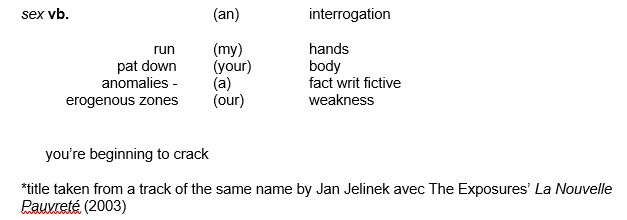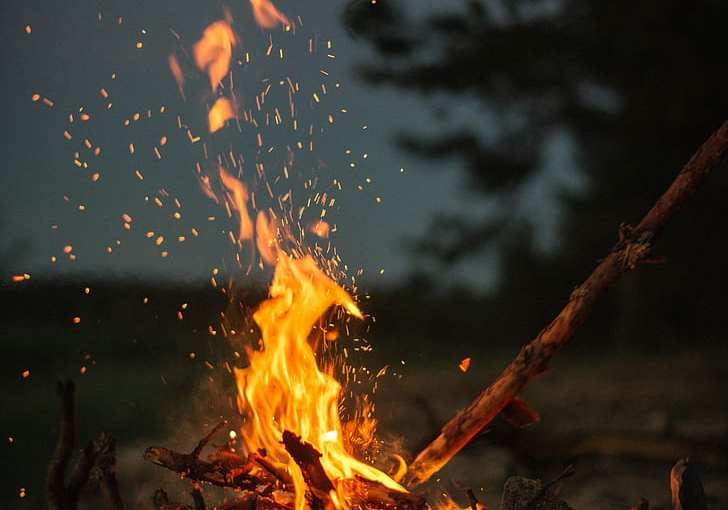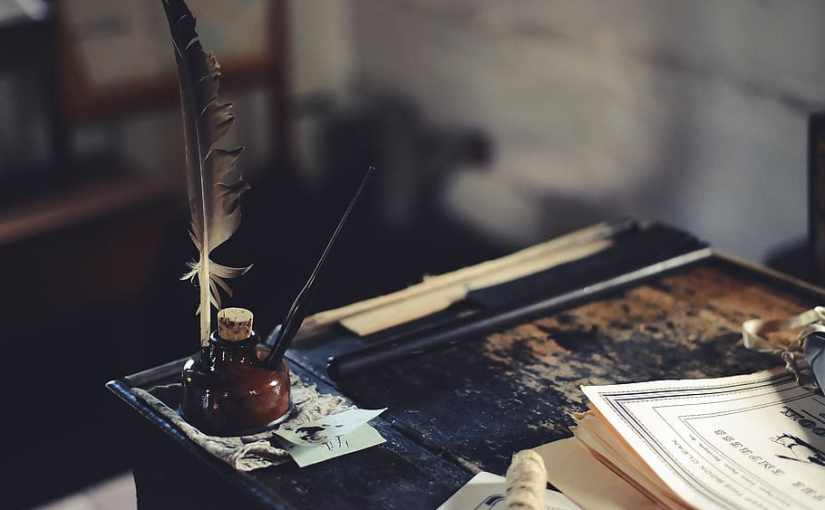This city is always humming. Not like back home, that place was blaring loud through the day and so quiet at night. I like it here, the millions of glittering lights, the pinpricks of the life further above, the rhythmic clack of the trains that travel past every three minutes. The city is alive and its heart beat thrums through the roads.
My balcony is small, but I’m lucky to have a balcony at all. It’s maybe a metre and a bit long, with almost a metre taken up by the air conditioner. It’s off now and the hot air is pouring inside through my open windows, which isn’t advisable because the smog is going to be level 5 tomorrow, and it’s already probably starting to be a bit toxic. But I love the breeze, and my air con is slowly failing, and the landlords aren’t fixing anything in this building anytime soon.
I sit on the air con unit, there isn’t room to have a chair out here, and light my cigarette. That’s bad too, I know, but the air is so polluted here it barely makes a difference.
This city will kill me one day, but it’s the only place I can live now. Time means nothing here, almost every shop is open twenty four hours a day. They just legalised hover cars a few months and so the richer people have started buying the high apartments, so the lower-level ones are available and cheaper. The news has been saying soon we’ll be having children who have never touched the ground, who will never see soil. Everyone wants to be a sky-person now, it’s the cool thing.
I used to love the sky, back home we sometimes took a rural bus that meant we could travel for five hours to the town where we could see the stars. The information centre there said that there used to be millions of them, bright and burning. But now they are pinpricks, dulled even out there, five hours away.
There are no stars here, but the winking lights all around me make up for it plenty.
I drop some ashes onto the balcony, they burn as they fall and wink out before they hit the concrete. I’m only a few storeys up so I can hear everything that goes on below. Right now there are two people walking down the path. They weave through the parked cars, almost get hit by a passing taxi, and giggle across to the other side of the road. They’re holding hands. They kiss.
I very rarely feel alone in this giant city. There are so many people, everything is so cramped and close. I see so many kinds of relationships, friends, lovers, parents and children, coworkers out for drinks. It’s impossible not to get caught up eavesdropping when everyone lets you do it.
And though I rarely feel alone, I feel a longing for her. I’ve never felt this particular longing before, from deep in my chest. I can feel it there, in my lungs and it strengthens whenever I breathe in. It’s not painful, it’s kind of comforting, in its own way. There have been other lovers, but never this … it’s almost like a sweetness, a constant connection with them to say yes, I want you. There isn’t need, there has never been any need. Only want.
Need is too much, and more than I could ask of any person.
You around? I message her.
She responds almost immediately, Yeah, free tonight. Wanna do something?
We live near each other, though we very rarely see each other in person. Our lives mostly go on without the other, we’re in our own orbits, but sometimes our routes intersect and there is the soft touch of skin, a smile seen in person instead of on a phone screen.
She comes over, the door’s unlocked. She locks it once she comes inside and joins me on the air con unit and lights up.
‘Bad habit,’ she says, before kissing my cheek.
Her skin is cool from being in the air conditioning of her own apartment, she’s not quite heated up yet.
‘How was work?’
She shrugs. ‘It was fine. Business slowing down I think, everyone wants to go higher for their food.’
‘Did you see the news today? Apparently they want to build a new layer. Have two grounds, the upper city and the lower city.’
She scoffs. ‘Why do they want more ground?’ She flicks some ash off the end. ‘They want sky babies, don’t they? I thought that was the point.’
‘They won’t do it anyway, it’ll cost the government too much.’
‘Mm.’
When we come together, nothing special happens really. We eat together, we sit here, we watch movies sometimes. There is nothing exciting about our relationship exactly, there are no moments of wild passion or intense, fiery emotions. There is just us, and we’re here. Being present together, and the longing subsides for the minutes, hours we spend together and is replaced by this quiet warmth.
‘Are you gonna stay?’ I ask when the sun is finally eclipsed by the lowest buildings.
‘Sure.’
‘I have to get up early for work, just so you know.’
‘I should probably get out early anyway. Level 5 tomorrow.’ She grins at me as she hops down from the unit. ‘Come on, we should close your windows.’
Inside, we close the windows and turn on the air con. We eat, breathe, and it’s time for sleep. I slip under my sheets and she follows. The lights are off inside, but they stream through from the outside. I could close the curtains, but I can’t let that heartbeat go.
She takes my hand and our fingers wrap around one others’.
The city hums.
Originally published in Concrete Queers 7: Speculative Fiction
Alison Evans | they/them
Alison Evans is the author of the YA books Euphoria Kids, Highway Bodies and Ida. They are a contributor in Kindred: 12 Queer #loveozya Stories and edits the fiction at #enbylife magazine. Find them on twitter, instagram or at their website.










